Power Consumption
I use the Powenetics system to measure power consumption in every significant part of the mainboard, with up to 1000 readings per second.
Given its 24x cores, its power consumption is impressively low, especially in multi-thread applications and gaming. Intel finally managed to bring down its CPUs’ power consumption, which is something to get excited about, especially considering the sky-high power consumption of the 13th and 14th-generation Intel CPUs.
I want to stress that 9950x’s power consumption has notably increased since I first tested this CPU on its launch date. Since I used the same mainboard (and system in general), I suspect the newer BIOS updates contributed to this power increase.
| AMD Ryzen 9 9950X Power Consumption | ||
| August 14, 2024 Results | Current Results | |
| Single-Threaded (AVG Power) | 64.143W | 72.549W |
| Multi-Threaded (AVG Power) | 234.959W | 302.812W |
| Gaming (AVG Power) | 158.96W | 167.636W |
| Peak Power Consumption | 286.16W | 366.372W |
The differences are enormous, especially in multi-thread (Cinebench R23) and the peak power consumption. I am not sure what AMD (or GBT since I use a GBT mainboard) is, but the fact is that I left this system untouched from the last time I used it, and I only updated the software and its BIOS to re-test it.
Peak Power Consumption
It is weird to see an Intel high-end CPU have the lowest peak power consumption, even in the Extreme profile. On the other hand, it is weird to see an AMD CPU with the highest peak power consumption!
Power Consumption Graphs
Energy Usage
The 285 K’s relatively low power consumption allows for high scores in the energy usage charts.
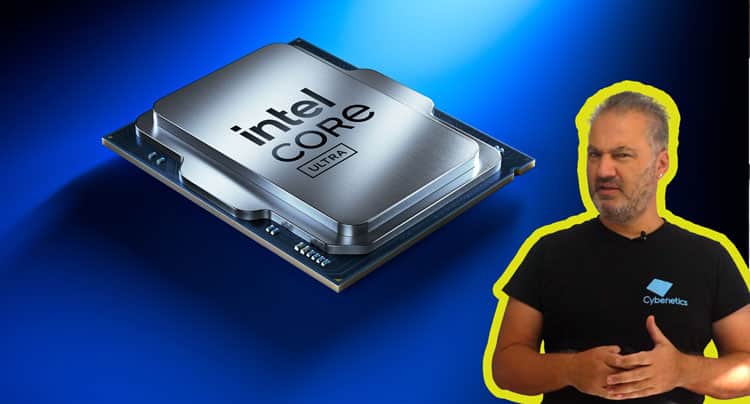
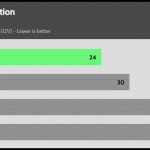
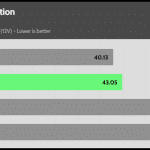
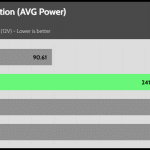
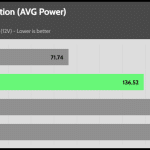
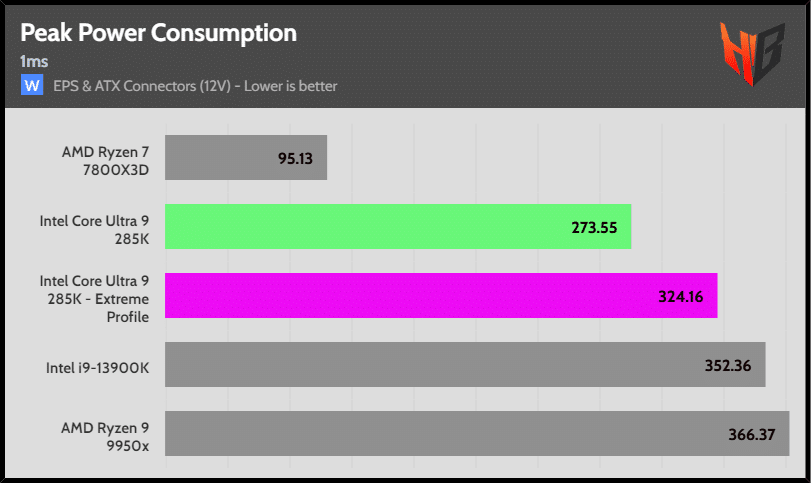
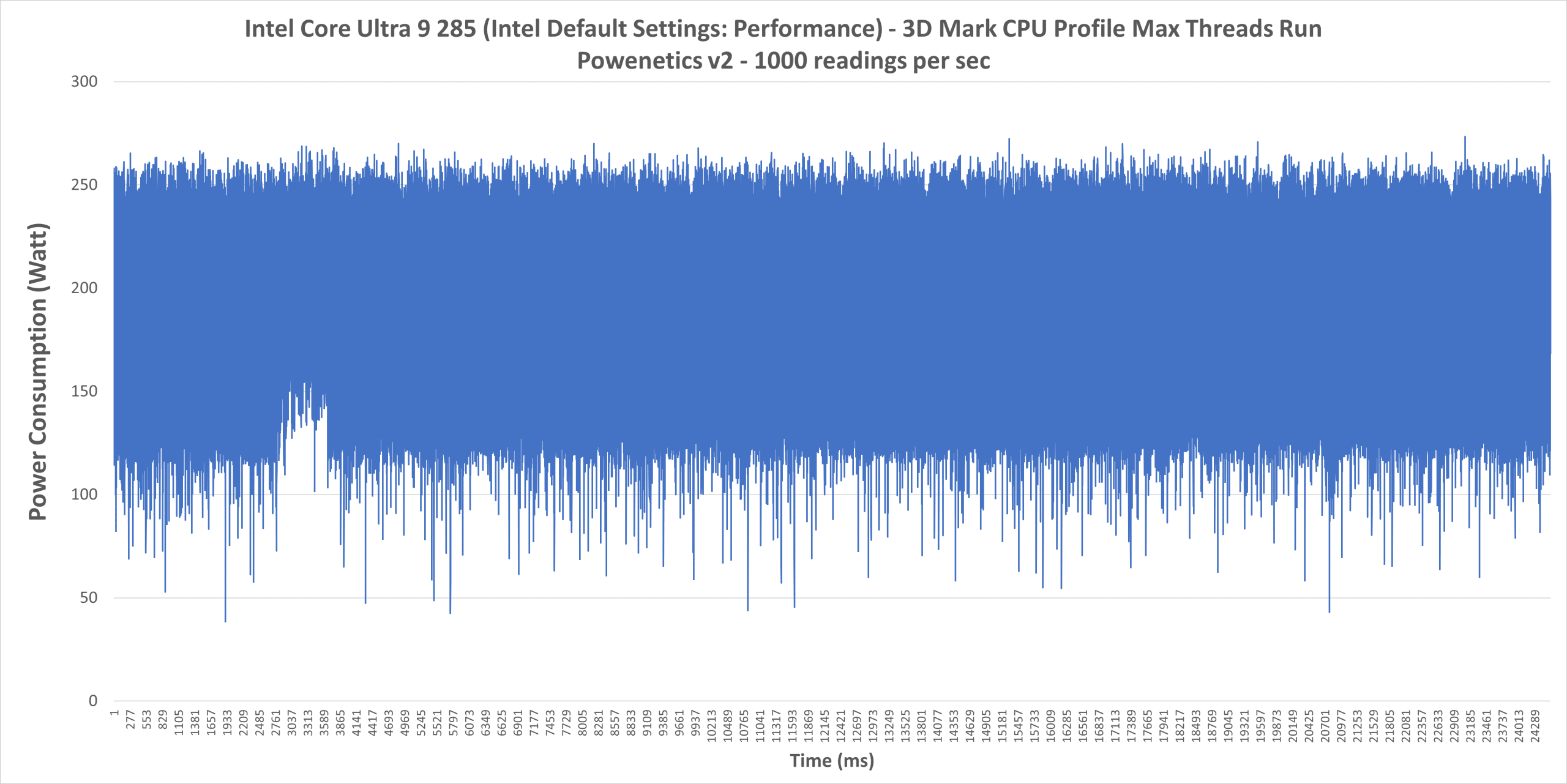
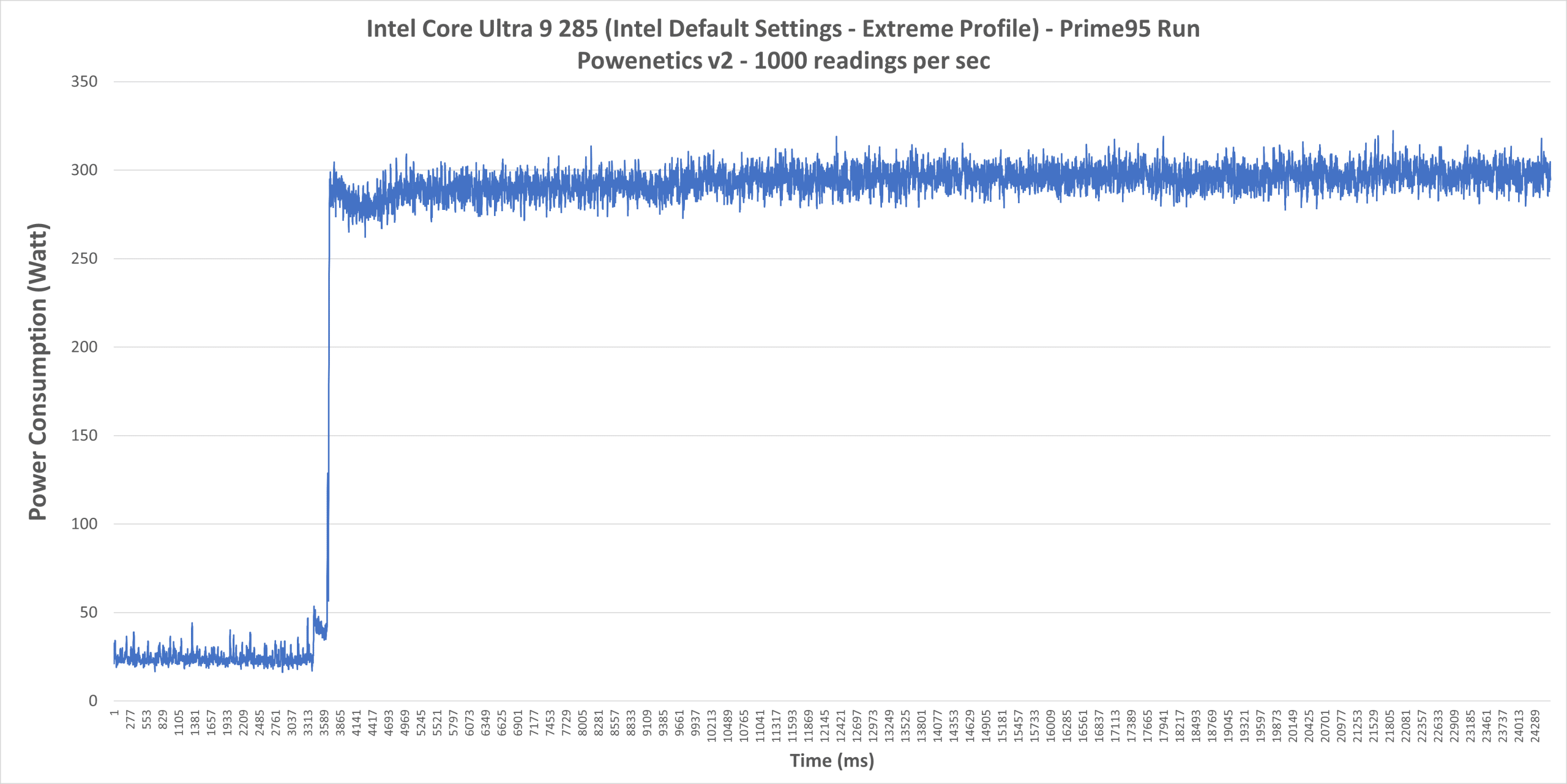
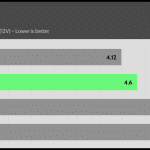
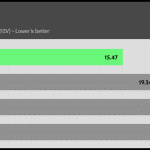
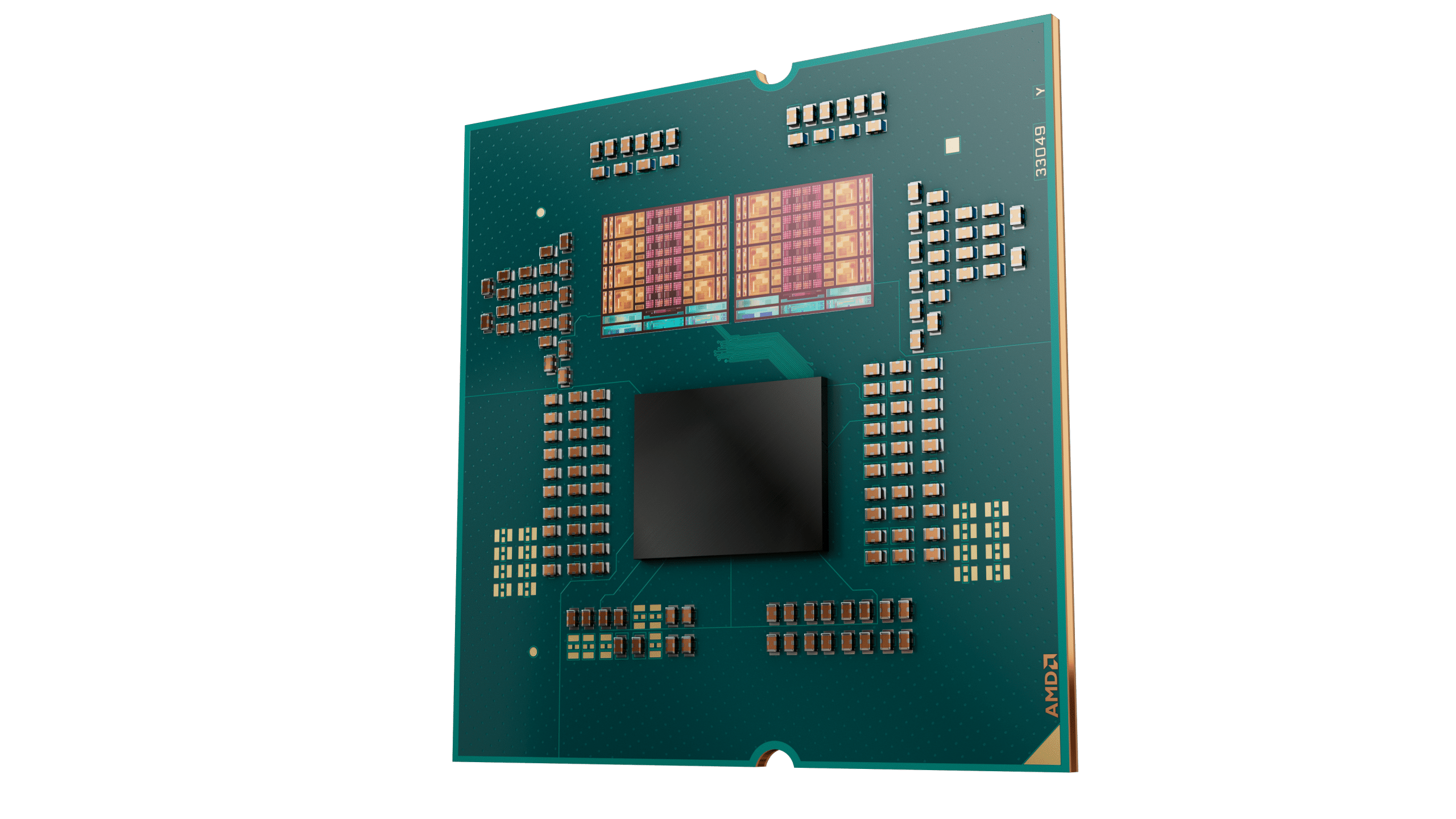
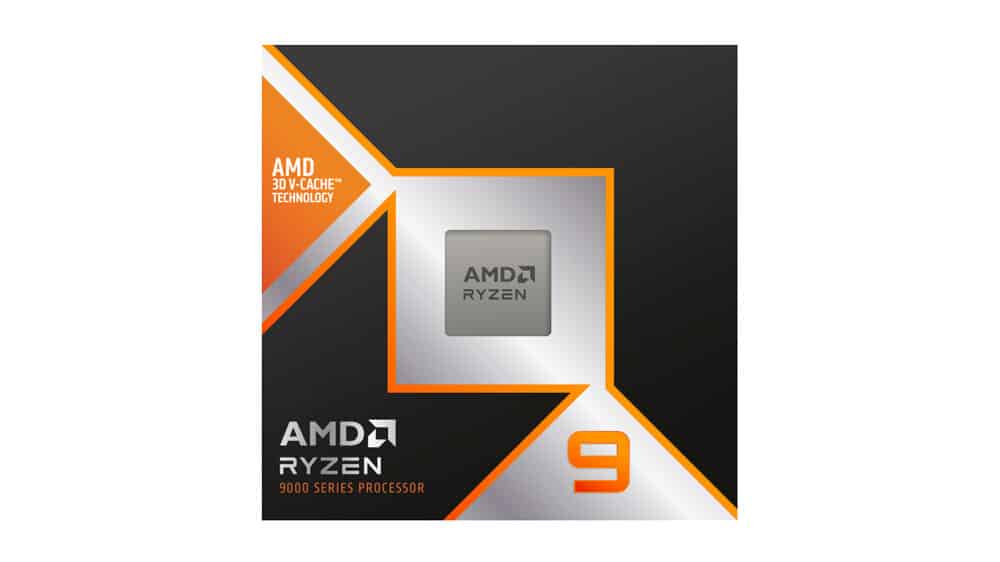
Given that you are mostly known for the PSU Wizzard, you should also include the whole system power draw (idle most importantly) with or without dedicated GPU. This is important when choosing PSU based on the given power draw (choosing between PSUs with low load performer or normal load performer).
Whole system power consumption is affected by the PSU and the rest parts I use. Most of you won’t use the same so I believe that providing exclusive CPU power figures is the best.
The U9 285K has no AVX512 only AVX2 or am i missing something?
yeah my mistake there, was left from the template review I used 🙁
yeap.